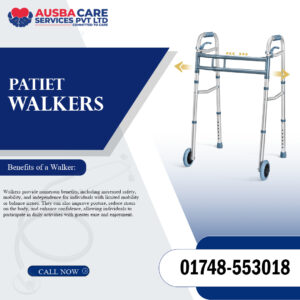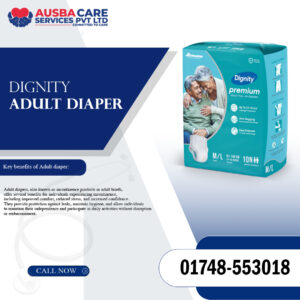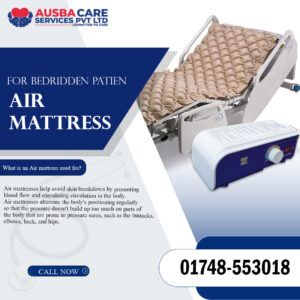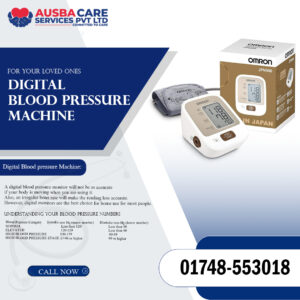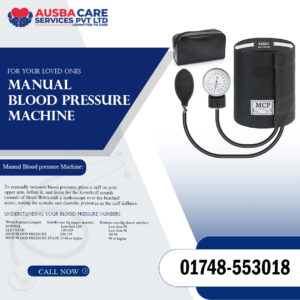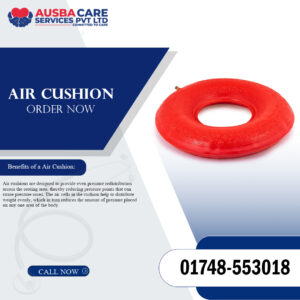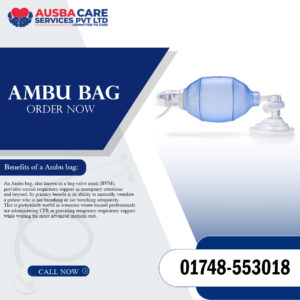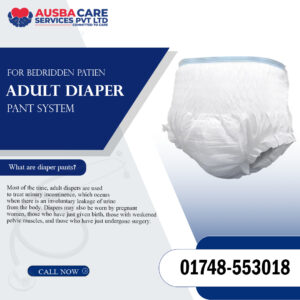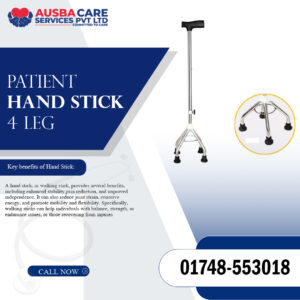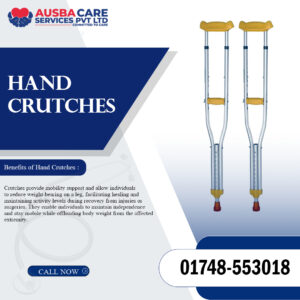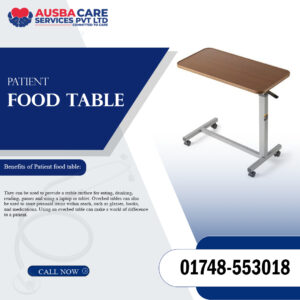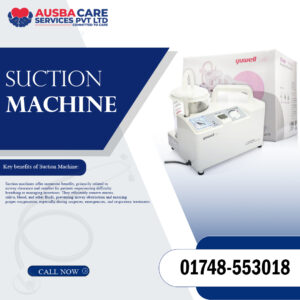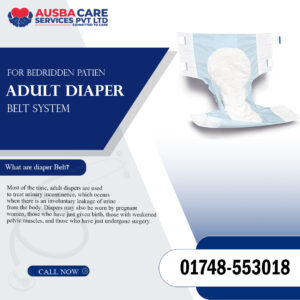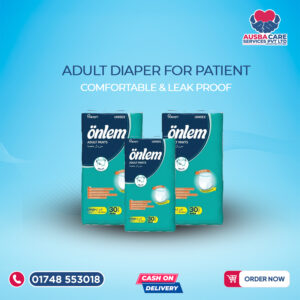Description
The Importance of a Well-Organized Medicine Box for Patients
Managing medications is a critical aspect of healthcare, especially for patients dealing with chronic illnesses, elderly individuals, and those recovering from surgeries. One essential tool that can significantly aid in this management is a medicine box, also known as a pill organizer. A properly maintained medicine box ensures that patients take the correct medications at the right time, thus enhancing treatment effectiveness, reducing the risk of missed doses or overdoses, and improving overall health outcomes.
What is a Medicine Box?
A medicine box is a container with multiple compartments designed to organize a patient’s medications. These compartments are usually labeled by the day of the week and the time of day (morning, afternoon, evening, bedtime). Medicine boxes come in various shapes, sizes, and styles, ranging from simple plastic trays to sophisticated electronic devices with alarms and monitoring features.
Why Patients Need a Drug Box
1. Improved Adherence to Medication Schedules
A medicine box helps patients stick to their prescribed schedules, ensuring medications are taken consistently and correctly.
2. Reduced Risk of Medication Errors
Mistakes such as taking the wrong pill or missing a dose can have serious consequences. A medicine box pre-organized by a caregiver or pharmacist reduces the likelihood of these errors.
3. Greater Independence for Patients
Especially for elderly patients, being able to manage their own medications increases their sense of independence and confidence. A clearly organized medicine box enables them to maintain autonomy over their health.
4. Assistance for Caregivers
Family members, nurses, or professional caregivers benefit from medicine boxes as well. Instead of keeping track of multiple bottles and prescriptions, caregivers can easily check if the patient has taken their medication, simply by looking at the box.
5. Enhanced Safety
Medication safety is paramount. Organizing pills in a medicine box minimizes the chances of accidental double-dosing or mixing incompatible drugs. Some advanced medicine boxes even come with locking mechanisms to prevent accidental ingestion by children.
Features to Look for in a Good Medicine Box
When selecting a medicine box for a patient, several features should be considered:
-
Size and Capacity: It should have enough compartments to accommodate all medications.
-
Clear Labels: Days and times must be marked.
-
Portability: For patients who travel, a portable design is crucial.
-
Alarm Features: Some boxes include alarms to remind patients when it’s time to take their pills.
-
Ease of Use: The box should be easy to open, especially for patients with arthritis or reduced hand strength.
-
Material Quality: Durable and non-toxic materials ensure safety and long-term use.
Types of drug Box
There are several types of medicine boxes to suit different patient needs:
1. Basic Weekly Pill Organizer
The simplest type, with seven compartments for each day of the week. Ideal for patients on a once-daily medication regimen.
2. Multi-Dose Pill Organizer
Each day is divided into several slots (morning, noon, evening, night), perfect for patients with complex medication schedules.
3. Electronic Drug Box
These come with digital displays, alarms, and even smartphone apps to remind patients when to take their pills. Some models can notify caregivers if a dose is missed.
4. Lockable drug Box
Designed for patients who might be at risk of accidental overdose or for homes with children, these boxes require a code or key to access.
5. Travel Pill Cases
Compact, lightweight, and often waterproof, these cases are perfect for patients who are frequently on the go.
Best Practices for Using a Medicine Box
To maximize the effectiveness of a medicine box, patients and caregivers should follow these best practices:
-
Regularly Refill the Box: Set a routine to refill the medicine box weekly, ideally at a consistent time.
-
Cross-Check with Prescriptions: Always match the pills in the box with the current prescription to ensure accuracy.
-
Keep it Clean: Wash the medicine box periodically to prevent contamination.
-
Store Properly: Keep the box away from direct sunlight, moisture, and heat, as these can affect medication potency.
-
Educate Patients: Especially important for elderly individuals, patients should be trained on how to use the box correctly.
-
Monitor Expiry Dates: Ensure that no expired medication is added to the box.
Challenges and Solutions
While medicine boxes offer many benefits, there can also be challenges:
-
Forgetting to Take Medication Despite the Box:
Solution: Use boxes with alarms or set smartphone reminders. -
Difficulty Opening Compartments:
Solution: Choose a box designed for arthritis patients, featuring easy-open lids. -
Mixing Up Medications During Refill:
Solution: Refill the box in a quiet place without distractions, and double-check against the prescription list.
The Future of Medicine Management
With advances in technology, smart pill organizers are becoming more popular. These devices can connect to smartphones, provide automatic dispensing, and alert caregivers if a dose is missed. Some even integrate with healthcare provider systems, offering real-time monitoring of patient compliance.
As telehealth and remote patient monitoring continue to expand, medicine boxes will likely evolve into even more sophisticated tools. Future designs may include features like biometric authentication, dosage tracking, and AI-driven health reminders based on the patient’s habits and needs.
Conclusion
A medicine box is more than just a container; it is a lifeline for many patients managing complex medication schedules. Whether simple or high-tech, the right medicine box can make a profound difference in a patient’s health outcomes by promoting medication adherence, ensuring safety, and empowering patients to take control of their treatment.
For patients, caregivers, and healthcare providers alike, investing time in selecting and properly using a suitable medicine box is a small effort that delivers significant health benefits.




